Blogs Related Mining Equipment, Projects & Process Plants
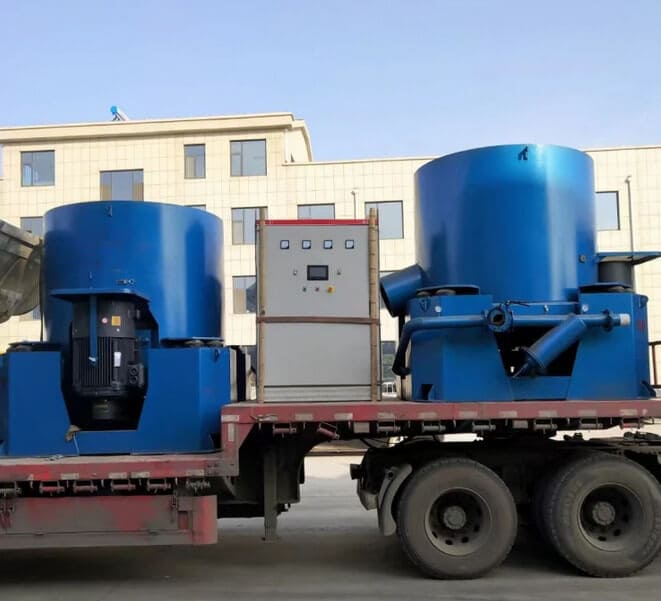
Important Gravity Separation Equipment – Water Jacket Centrifuge
Water jacket centrifuge, also known as gold panning centrifuge, Nelson centrifuge, or gold centrifugal concentrator, is an important gravity separation equipment, which is a centrifugal concentrator developed and produced by utilizing the principle of gravitational acceleration. It is suitable for the recovery of monomer gold in placer gold, vein gold
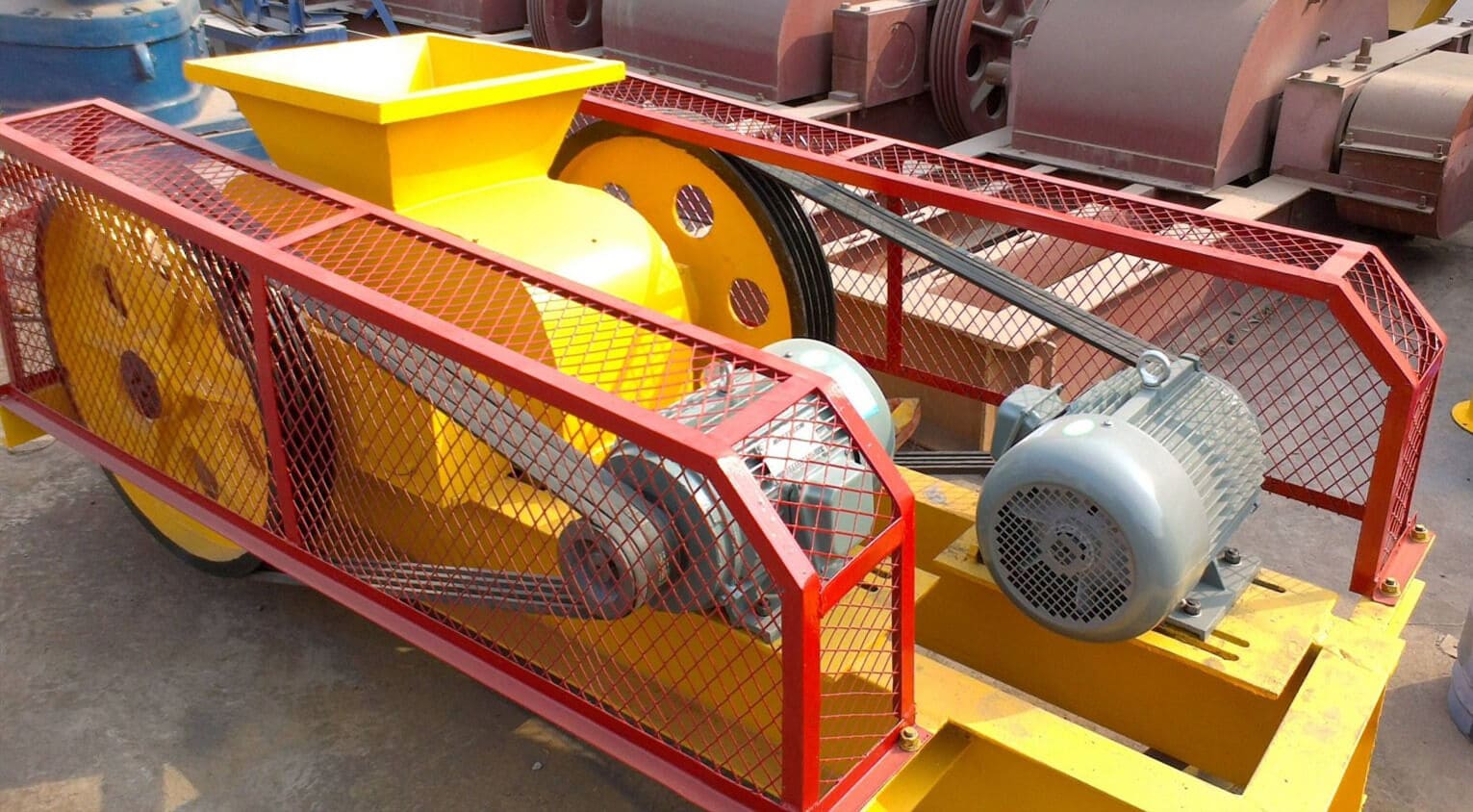
Roller Crusher: From Functionality to Maintenance
A roll crusher is a kind of equipment used for medium and fine crushing of medium hardness materials, which is widely used in mining, chemical, building materials, and other industries. It squeezes materials with two relatively rotating rollers, featuring a large crushing ratio, low energy consumption, easy operation, etc. It
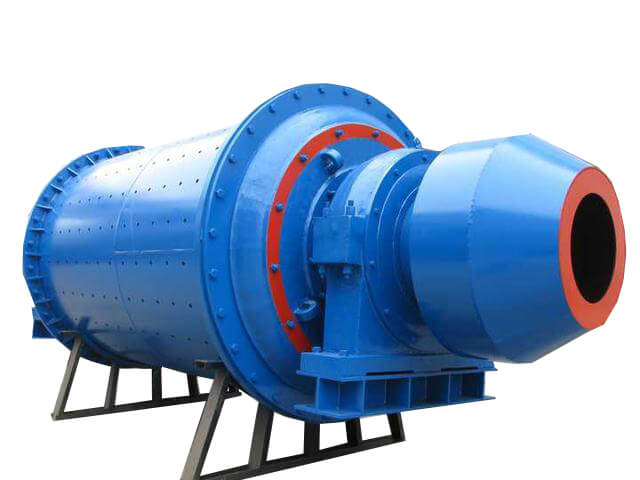
Dry or Wet Grinding Ball Mill for Quartz Sand
Quartz sand ball mill is the key equipment for crushing materials after they are crushed, applicable to quartz sand purification, non-metallic mineral processing and glass ceramics and other industries. It can be dry or wet grinding of various ores and other grindable materials. How do you choose dry grinding and wet
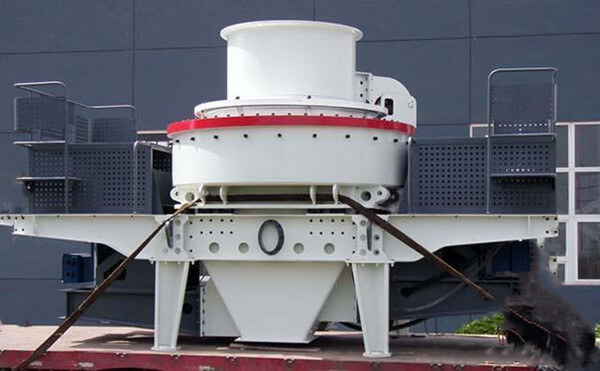
Sand Making Machines: Types, Failures, and Lifespan Enhancement
Sand making machine is a kind of equipment used to crush large stones or ores into sand, which is widely used in the production process of construction, mining, water conservancy, transportation, and other industries. It is mainly used for manufacturing artificial sand (mechanism sand) and for processing many kinds of
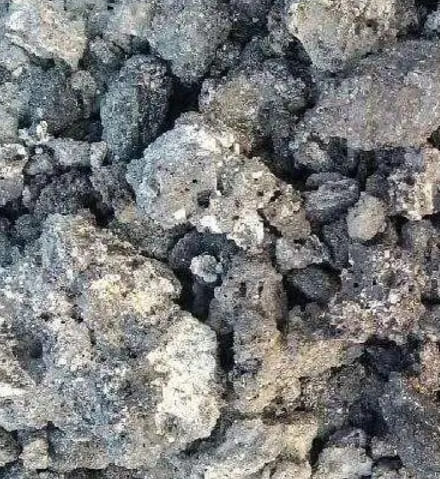
Metal Recovering From Wast-to-energy Plants
With the acceleration of urbanization, the increase in the amount of waste has become a common concern. In order to solve the problem of waste disposal, thermal waste-to-energy plants have come into being. However, waste-to-energy plants generate metal wastes in the process of waste treatment, and these metal wastes, if not handled
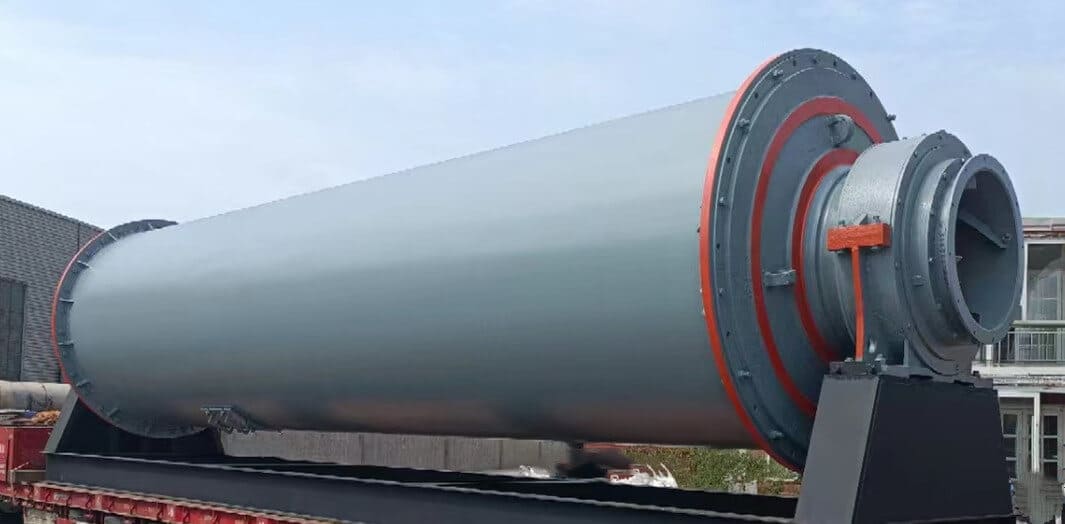
Energy-saving Ball Mill VS Cement Ball Mill
Ball mill is one of the most commonly used grinding equipment in the market. This equipment has a very good grinding effect on crushed materials. There are many different types, among which energy-saving ball mills and cement ball mills are the most frequently used. Energy-saving Ball Mill An energy-saving ball
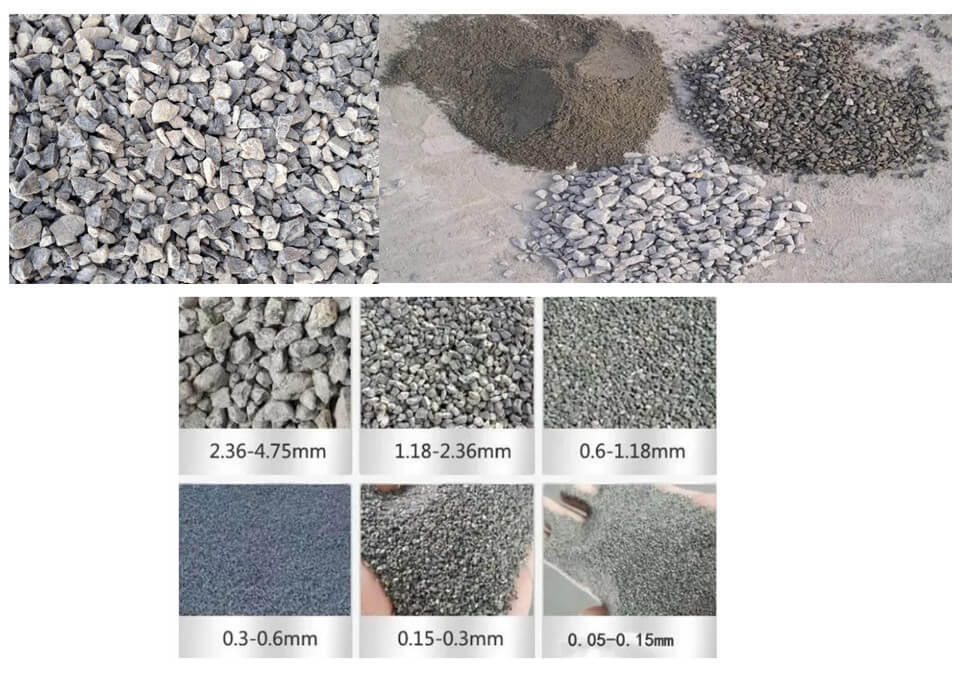
11 Uses of Mine Waste Rock and Tailings
Mine waste is the economically unproductive rock or minerals removed directly from the ore extraction. This waste is usually generated during the ore extraction because it does not contain enough valuable minerals. Tailings are the fine-grained waste materials that remain after the ore has been through the beneficiation or smelting
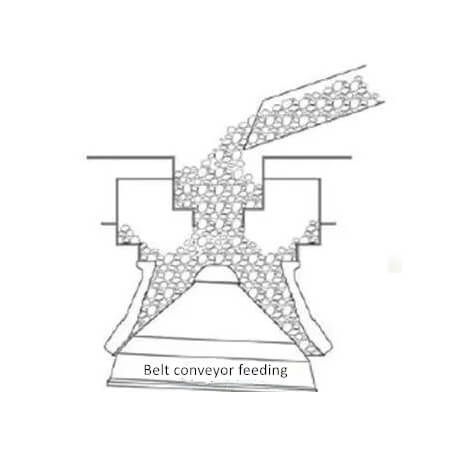
Cone Crusher Blockage: Causes and Prevention
Cone crusher is an important secondary crushing equipment and plays an important role in the production line. In the production process, due to improper operation or equipment abnormality, cone crusher will cause blockage during the production process, forcing the equipment to stop, wasting a lot of time cleaning up the
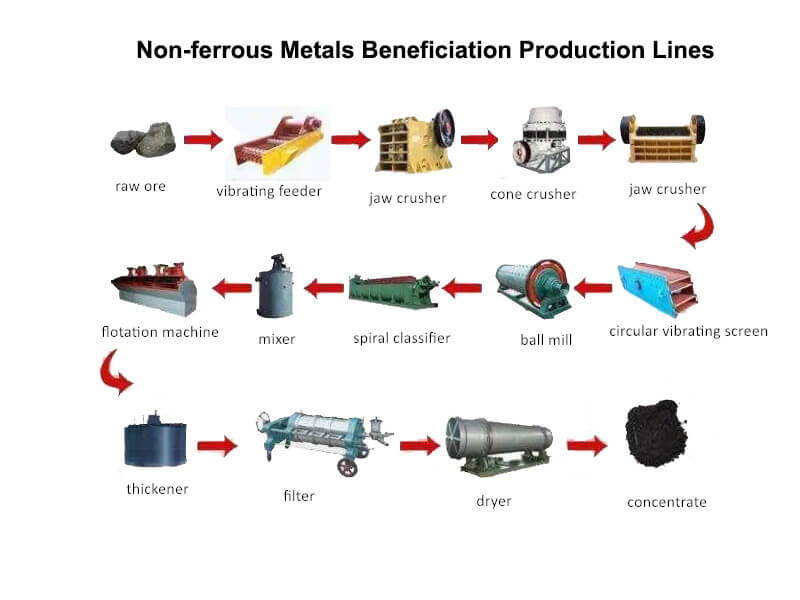
What is Lead Ore and How to Crush?
Lead is a metal element with the symbol Pb and the atomic number 82. It is the non-radioactive element with the largest atomic weight. It is a metal with a higher density than most materials. The lead blocks we see are usually gray-brown. The original color of lead is bluish-white,
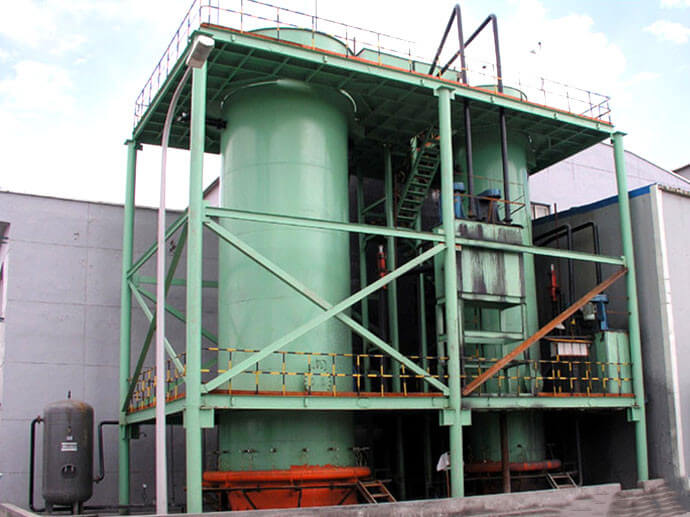
Flotation Columns VS Flotation Machines
Flotation is a technique widely used in mineral processing to separate valuable minerals from gangue or waste materials. The process involves introducing air bubbles into a slurry consisting of finely ground ore and water. The air bubbles attach to the hydrophobic particles and bring them to the surface for easy collection. There are
